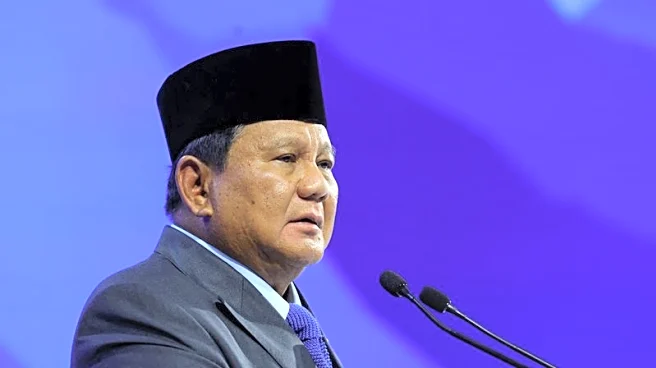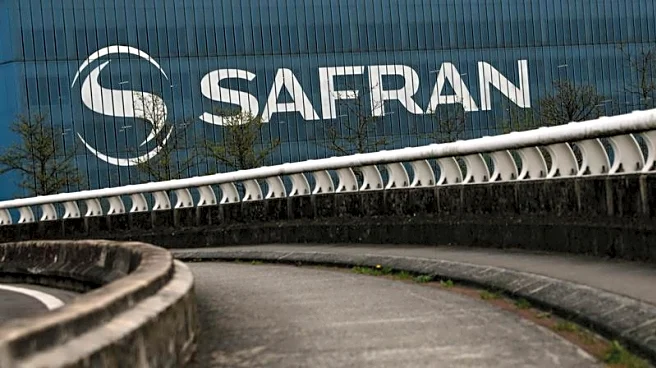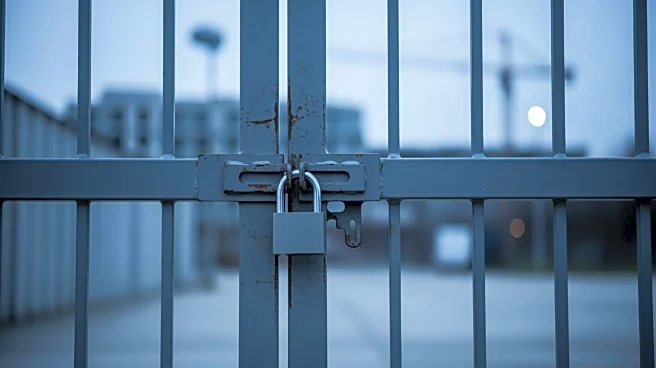What's Happening?
A late-night host's remark, 'That's It, It's Over,' has ignited a significant debate over free speech and network risk. The host was suspended by ABC on September 23, leading to the program being pre-empted by two major station groups, affecting 23% of U.S. households. The controversy has escalated to involve the FCC chair, prompting corporate discussions and a scheduled Senate hearing. The remark, delivered at a Bloomberg Screentime event, has become a viral soundbite, encapsulating weeks of controversy and transforming a suspension into a broader debate about broadcasters' power and editorial boundaries.
Why It's Important?
The incident underscores the tension between free expression and regulatory pressures in the media industry. Supporters view the host's return episode as a triumph for free speech, while critics argue that networks are succumbing to regulatory threats. This debate involves celebrities, politicians, and local anchors, highlighting the stakes of broadcast standards and the balance between protecting licenses and allowing unfiltered commentary. The outcome of this debate could influence how networks manage content and respond to regulatory challenges, affecting both media strategy and public discourse.
What's Next?
The Senate hearing will address the implications of the controversy, potentially influencing future regulatory approaches and network policies. Stakeholders, including civil liberties advocates and station groups, will likely present their perspectives on the balance between viewer protection and free speech. The hearing could lead to changes in how networks handle controversial content and manage affiliate relationships, shaping the media landscape and the boundaries of late-night commentary.
Beyond the Headlines
This development may lead to long-term shifts in how networks negotiate affiliate agreements and manage crisis situations. The controversy highlights the intersection of corporate interests, regulatory pressures, and public expectations, potentially prompting networks to refine their crisis management strategies and editorial policies. The debate could also influence broader discussions on media freedom and the role of government oversight in shaping broadcast content.









